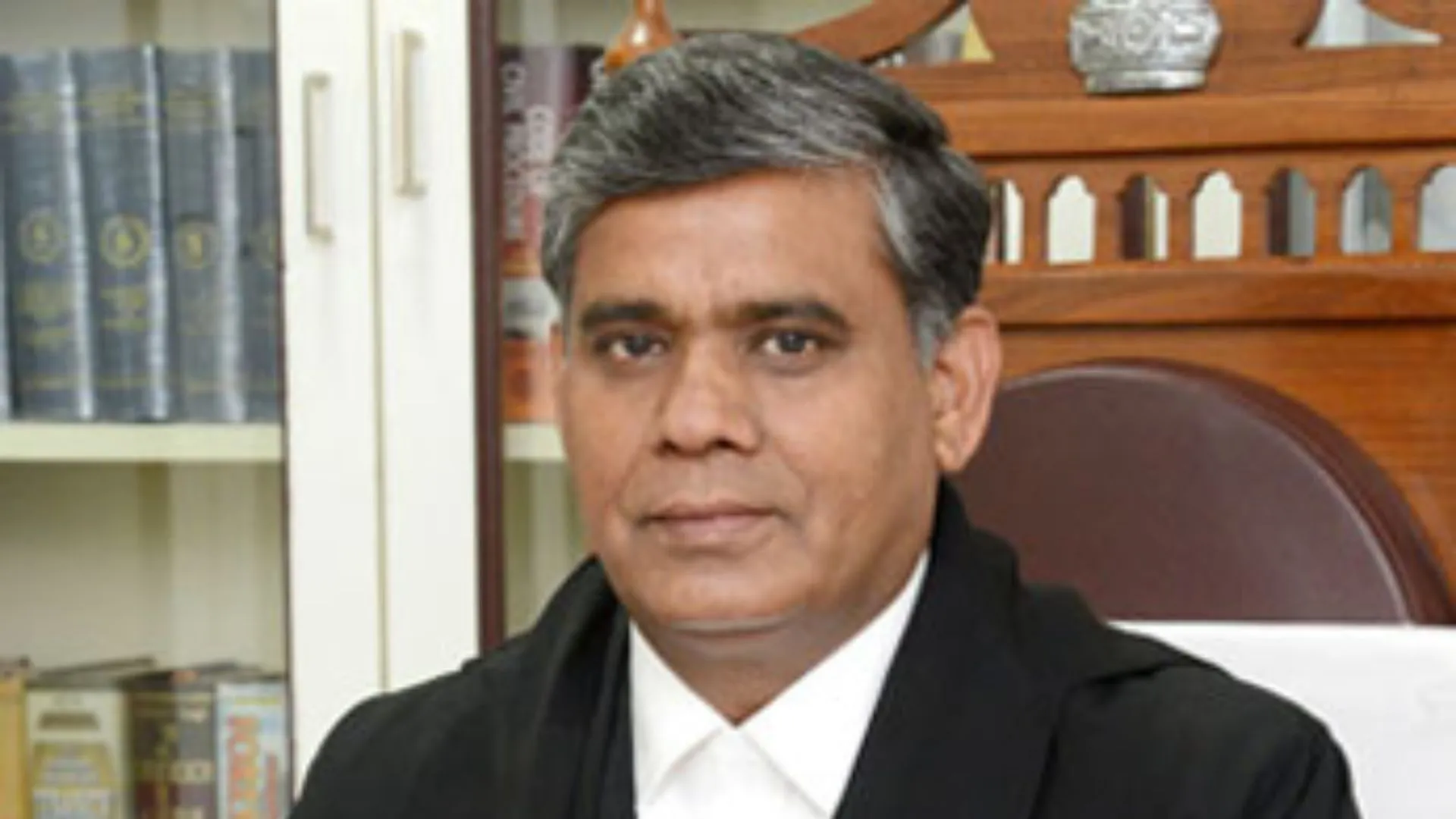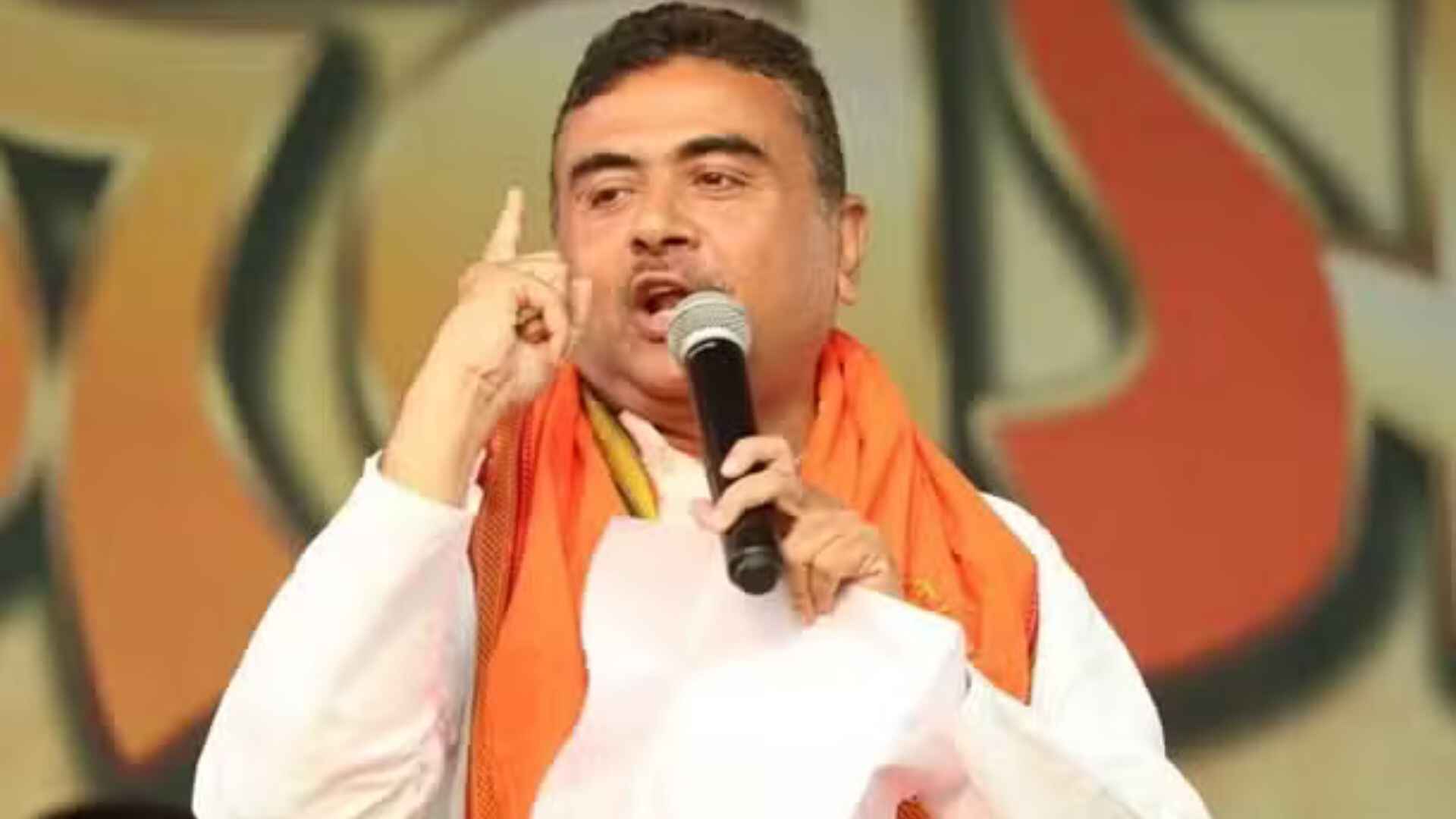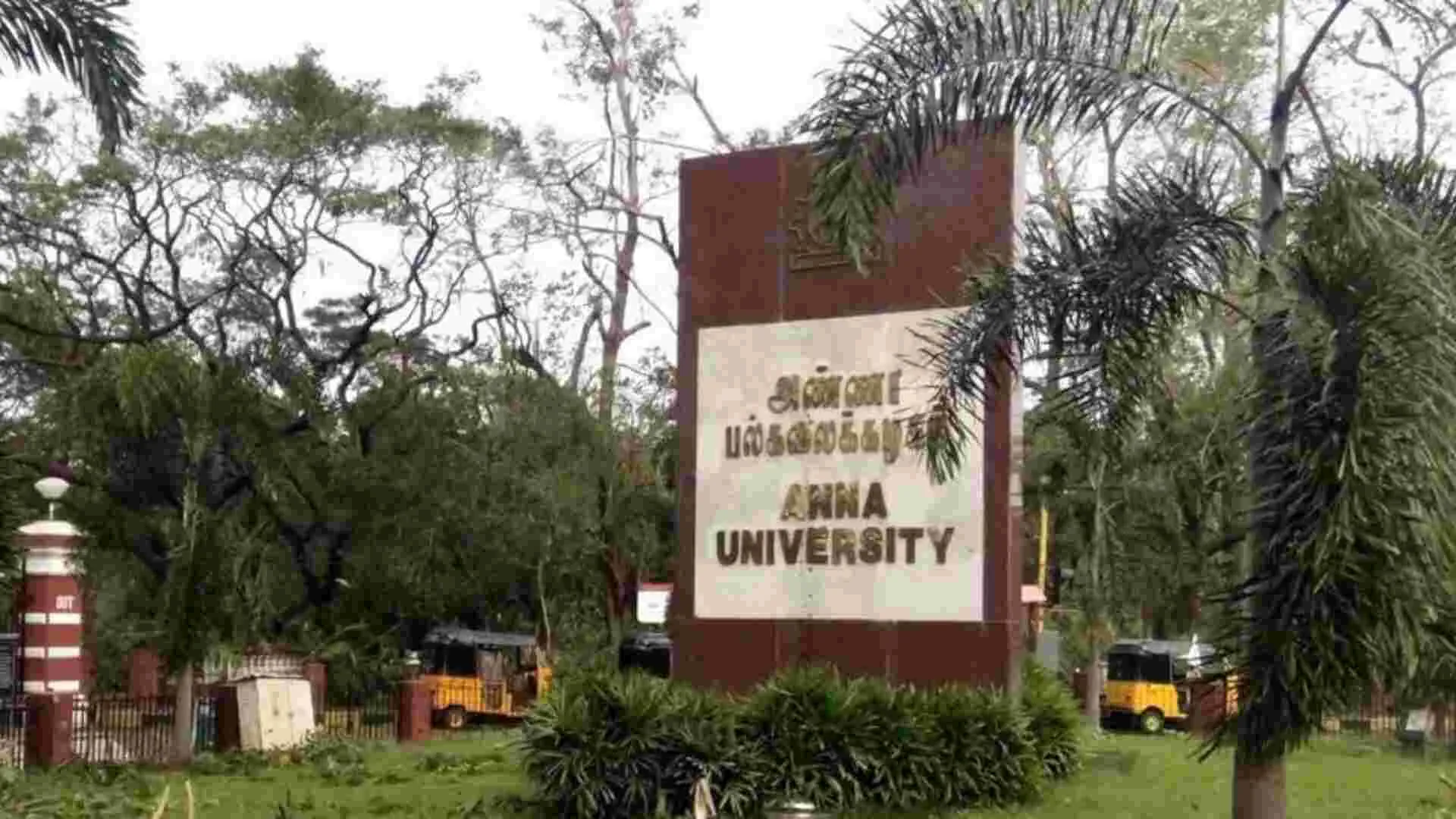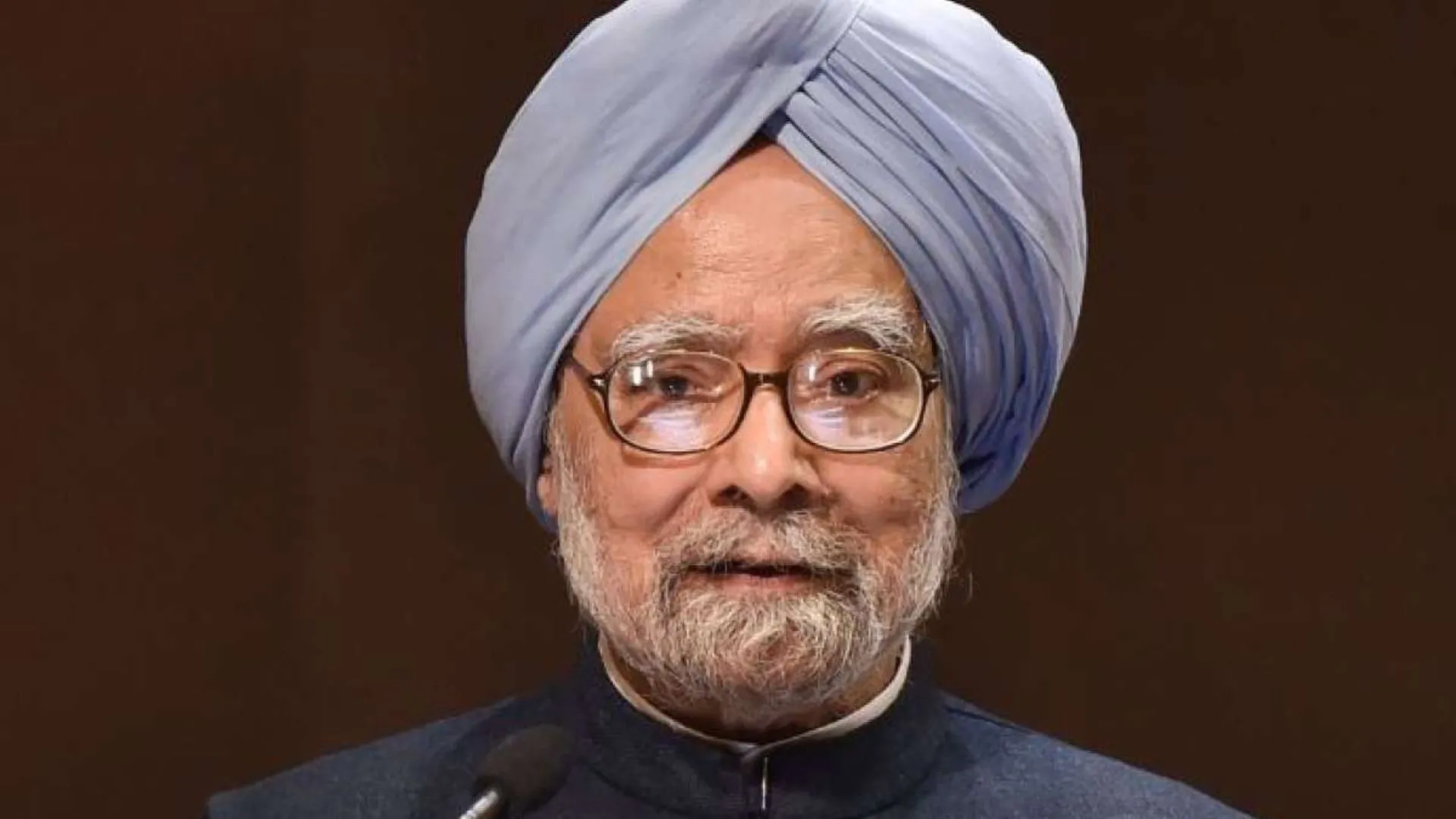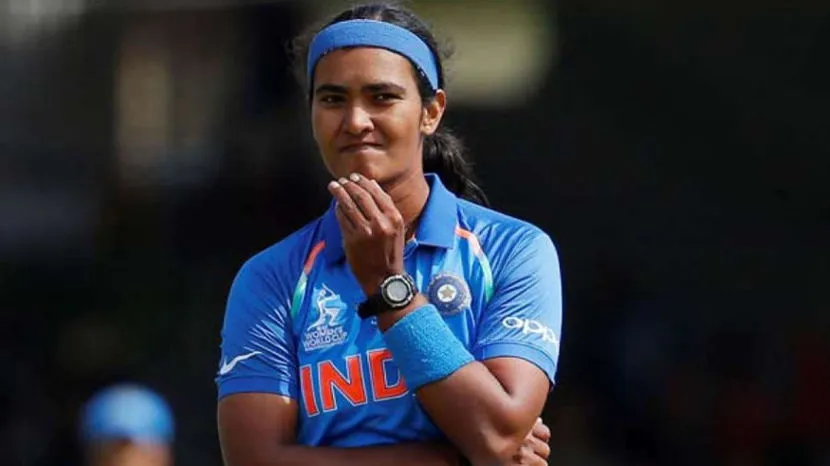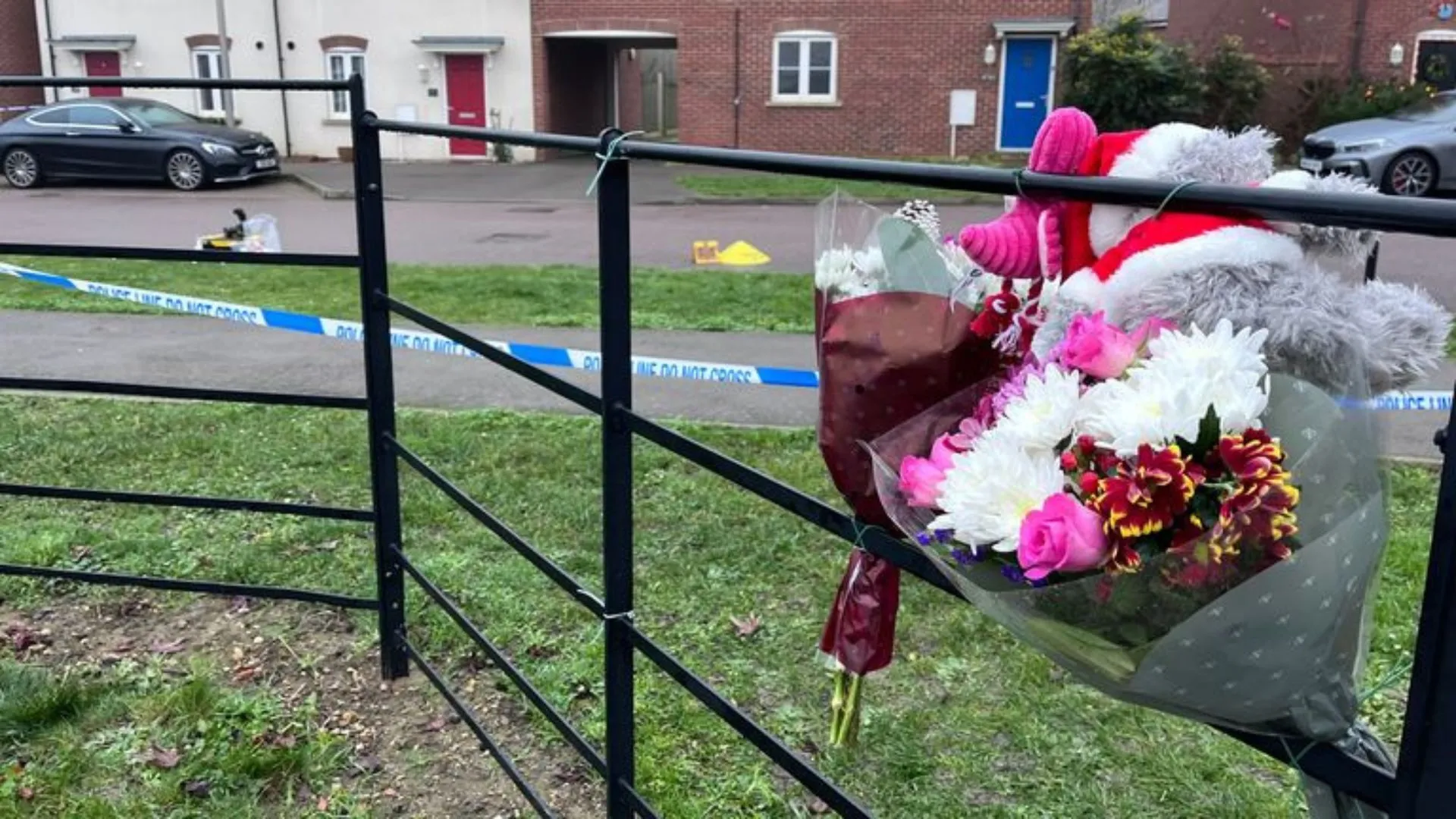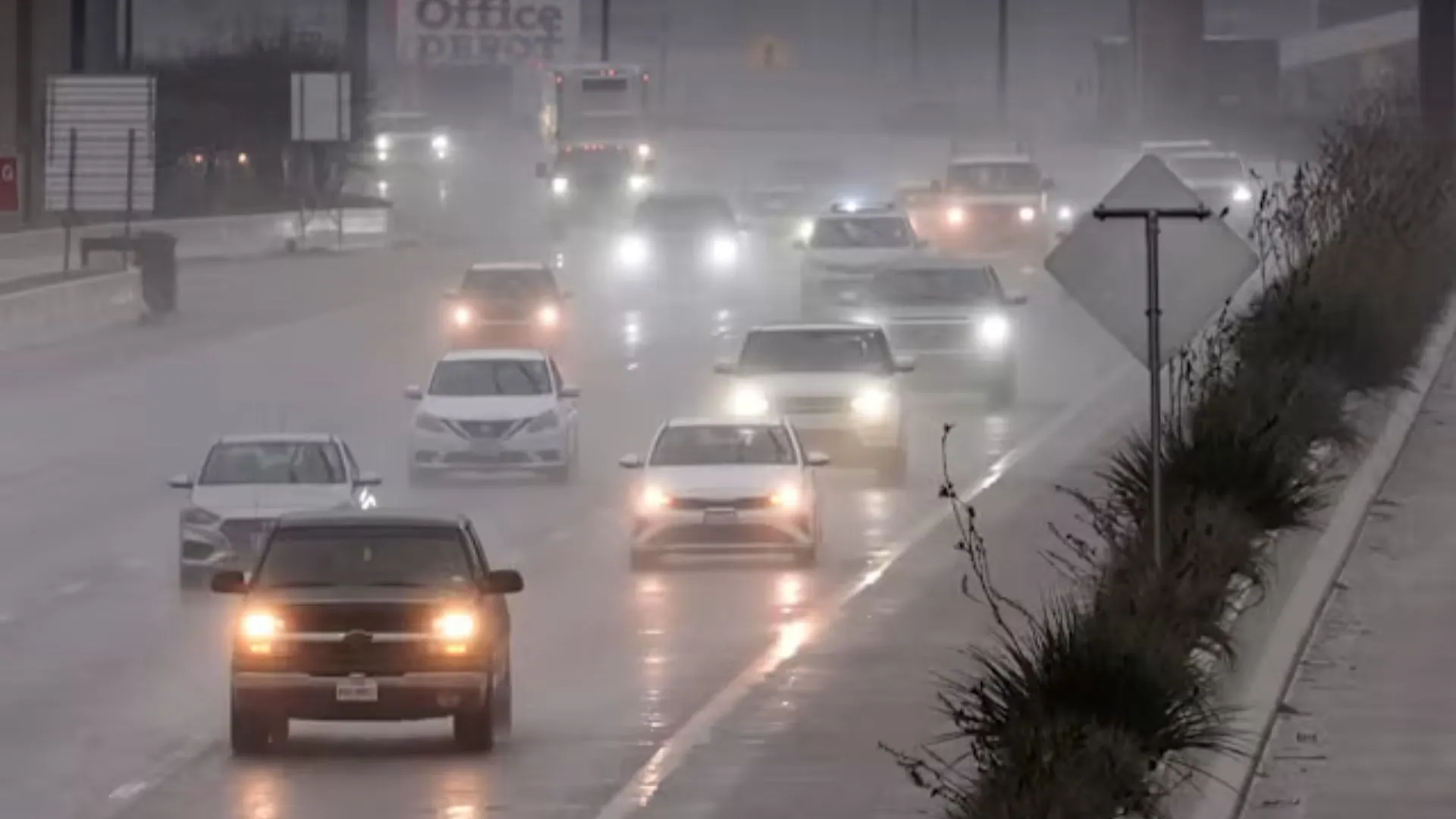The police commissioners of Gurugram and Faridabad do not have the powers of a district magistrate under Section 144 (now Section 163)
Chandigarh: The fifth police commissionerate of Haryana was established in Jhajjar district. B. Satish Balan, a 2004 batch IPS officer holding the rank of Inspector General (IG), is currently serving as the Police Commissioner of Jhajjar. In 2023, a police commissionerate was also formed in Sonipat, where Satendra Gupta, a 2004 batch IPS officer, is the police commissioner.
Besides Jhajjar and Sonipat, Haryana has police commissionerates in three other districts: Gurugram, Faridabad, and Panchkula. The commissionerate system was introduced in Gurugram (formerly Gurgaon) in June 2007, in Faridabad in August 2009, and in Panchkula in August 2011.
In the commissionerate system, a senior IPS officer of at least IG rank is appointed as the Police Commissioner, although officers of higher ranks, such as ADGP, can also serve in this role. Currently, 1998 batch IPS Vikas Arora is the Police Commissioner in Gurugram, and 2003 batch IPS Rakesh Kumar Arya holds the position in Faridabad. The additional charge of Panchkula Police Commissioner is held by Sibas Kabiraj, a 1999 batch IPS officer and IG of Ambala Police Range.
Both Vikas Arora and Sibas Kabiraj have become eligible for promotion to the ADGP rank after completing 25 years of service in the IPS, although their formal promotions are pending.
Under Section 144 of the CrPC, now Section 163 in the Indian Civil Security Code (BNNS) effective from July 1, 2024, District Magistrates (DMs), Sub-Divisional Magistrates (SDMs), or Executive Magistrates authorized by the State Government can issue appropriate orders within their respective jurisdictions.
Hemant Kumar, an expert and lawyer at the Punjab and Haryana High Court, explained that the gazette notifications establishing police commissioners in Panchkula, Sonipat, and Jhajjar granted these commissioners the powers of an executive magistrate under CrPC, now BNNS, 2023. These commissioners, as well as the DCPs and ACPs under them, have the authority to issue orders under Section 144 (now Section 163). However, the police commissioners of Gurugram and Faridabad have not been granted these powers, which are still exercised by the Deputy Commissioner (DC) in these districts.
Hemant Kumar questioned why the police commissioners of Panchkula, Sonipat, and Jhajjar have been given the powers of District Magistrates under Section 144 (now Section 163) while their counterparts in Gurugram and Faridabad have not. He highlighted that the police commissioners in these metropolitan areas have been without such powers despite the commissionerate system being in place for many years.
In all other districts of Haryana, including Gurugram and Faridabad, orders under Section 144 (now Section 163) can only be issued by the DC or SDM. Hemant Kumar has repeatedly appealed to the state’s Home Department to either grant the police commissioners of Gurugram and Faridabad the same powers as those in Panchkula, Sonipat, and Jhajjar or revert these powers to the DCs of the respective districts. He argues that uniformity in the powers of police commissioners across Haryana is necessary, as mandated by Section 8 of the Haryana Police Act, 2007.



